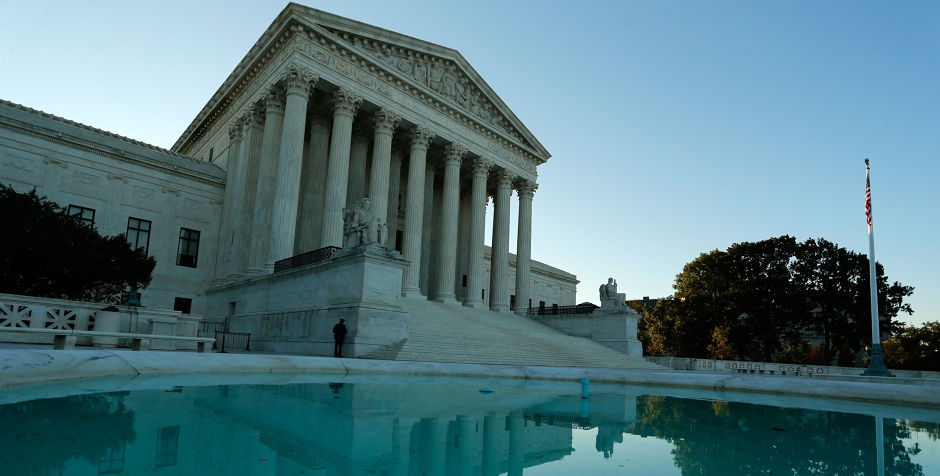Supreme Court Gives Notre Dame New Life In Its Abortion-Pill Mandate Challenge
On March 9th, the United States Supreme Court reversed a 2-to-1 decision by the United States Seventh Circuit Court of Appeals that required the University of Notre Dame to comply with the Obama Administration’s abortion-pill Mandate even though compliance violates the Catholic teachings that govern the University.
The American Center for Law & Justice, along with 79 Members of Congress, filed an amicus brief in support of Notre Dame when the case was originally pending in the trial court.
The Supreme Court has sent the case back to the Seventh Circuit to reconsider the matter in light of the Supreme Court’s Hobby Lobby decision. The Hobby Lobby decision was issued after the Seventh Circuit had ruled against Notre Dame.
In the Hobby Lobby case, the Supreme Court ruled that closely-held, for-profit corporations do not have to comply with the Mandate if compliance would cause the owners of those corporations to violate their religious beliefs.
With the case back in the Seventh Circuit, Notre Dame will be able to re-argue its position that the Obama Administration is causing Notre Dame to violate its Catholic faith. The Catholic Church has consistently taught that contraception, abortion, and sterilization are gravely sinful.
According to the Obama Administration, a non-profit religious organization, such as Notre Dame, must provide and pay for these services directly or, as a so-called “accommodation” of the religious beliefs of such organizations, sign a document that allows their insurance companies to provide and pay for these services, which will be reimbursed by the federal government. Failure to comply with the Mandate or “accommodation” results in significant fines.
Many religious organizations, however, object to both the Mandate and the “accommodation.” The former requires the organization to be explicitly complicit in a moral wrong and the latter requires the organization to be implicitly complicit because the signing of the document is the trigger that allows the services to be provided. In either situation, the objecting religious organization is forced to participate in the process of providing the objectionable coverage. As the dissenting Seventh Circuit judge explained, “Notre Dame tells us that Catholic doctrine prohibits the action that the government requires it to take. So long as that belief is sincerely held, I believe we should defer to Notre Dame’s understanding.”
The Supreme Court’s ruling in the Notre Dame case is a blow to the Obama Administration, which, despite its defeat in the Hobby Lobby case, has been consistently pressing its Mandate and “accommodation” on non-profit religious organizations, despite their moral objections to both.
As with the Hobby Lobby case, which dealt with closely-held, for-profit corporations, religious liberty is also at stake in the Notre Dame case. If the federal government can force a religious institution to violate its conscience in one area, it will be able to do so in other areas as well.
